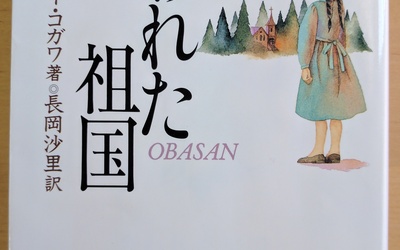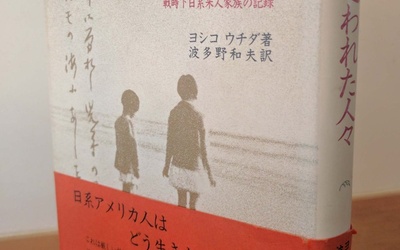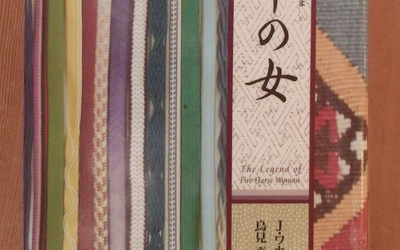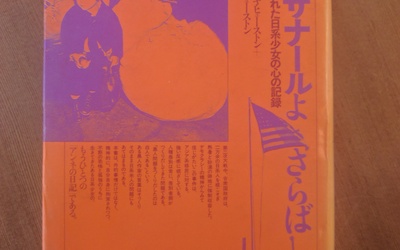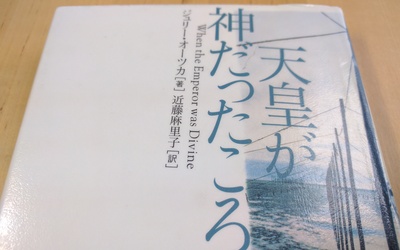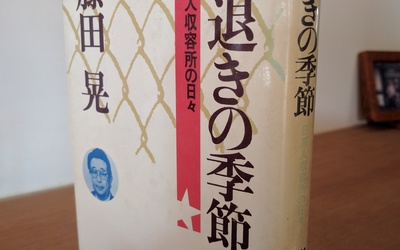Reading Japanese American Literature
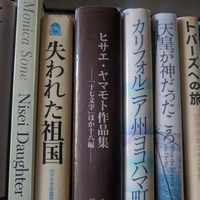
We will read literary works that intersect between Japan and America, such as novels written by Japanese Americans, works that capture Japanese American society, and works written by Japanese people that are set in Japanese America, and explore their appeal and significance while looking back on Japanese history.
Read from Part 1 >>
Stories from this series
6th "Lost Homeland"
May 12, 2017 • Ryusuke Kawai
It has been reported that the exclusionary immigration policies of President Trump have led to a sharp increase in immigrants and minorities in the United States who wish to emigrate to neighboring Canada. They say that they prefer Canada, which is more tolerant of immigrants than the United States. However, after the start of the Pacific War, Canada implemented a strict segregation policy against Japanese people similar to that of the United States, or even more so. Japanese people living …
Part 5: "People Driven to the Wilderness: Records of a Japanese-American Family During Wartime"
April 28, 2017 • Ryusuke Kawai
Yoshiko Uchida, a second-generation Japanese-American woman writer, was born in Alameda, California in 1921 (Taisho 10) and grew up in Berkeley. She has written many children's books and has a deep knowledge of Japanese folk art, and in her non-fiction book, Uchida writes about her and her family's experiences in internment camps during the war, titled "People Driven to the Wilderness: Records of a Japanese-American Family in Wartime" (1985, translated by Hatano Kazuo, Iwanami Shoten). The original title is DESERT …
The 4th episode: "The Woman of Heihori"
April 14, 2017 • Ryusuke Kawai
Whether it was America or South America, the main characters of modern Japanese overseas immigration were men. They flew overseas of their own volition in search of money and a better life. Some were married, but their wives followed their husbands. In other cases, the husband emigrated alone first, and then brought his wife and family over later. The single men eventually married wives, hoping to find a partner among fellow immigrants, but many either returned to their home countries …
3rd "Farewell to Manzanar"
March 24, 2017 • Ryusuke Kawai
Manzanar was one of 10 internment camps built across the United States to segregate Japanese Americans after the outbreak of war between Japan and the United States. It was located in a desolate area in eastern California, with the Sierra Nevada Mountains to the west. "Farewell to Manzanar: A Heartfelt Record of a Japanese-American Girl Interned" is a non-fiction account of life during and after the war as a Japanese-American, told through the eyes of a girl who spent three …
Part 2: When the Emperor Was a God
March 10, 2017 • Ryusuke Kawai
I read in the news that a meeting was held recently at the Japanese American Association in New York to hear stories from survivors of the internment of Japanese Americans after the outbreak of the war between Japan and the United States, and the venue was packed with people, some of whom were standing, indicating the high level of interest. This may also be a reflection of the exclusionary immigration policies of the new Trump administration. "When the Emperor Was …
Part 1: "Season of Eviction" - Days in Japanese American Internment Camps
Feb. 24, 2017 • Ryusuke Kawai
Around this time 75 years ago, Japanese and Japanese-Americans living on the Pacific coast of the United States were forcibly evacuated and sent to internment camps set up in 10 locations across the United States following the outbreak of war between Japan and the United States at the end of the previous year. President Trump's recent executive order, which is intended to restrict entry to certain countries with large Muslim populations, is reminiscent of the Japanese American internment policy 75 …

